An unpaid debt of honour: the miners’ strike 40 years on
The workers of the coalfields are the giants whose shoulders we stand on today, says GRAHAME MORRIS MP
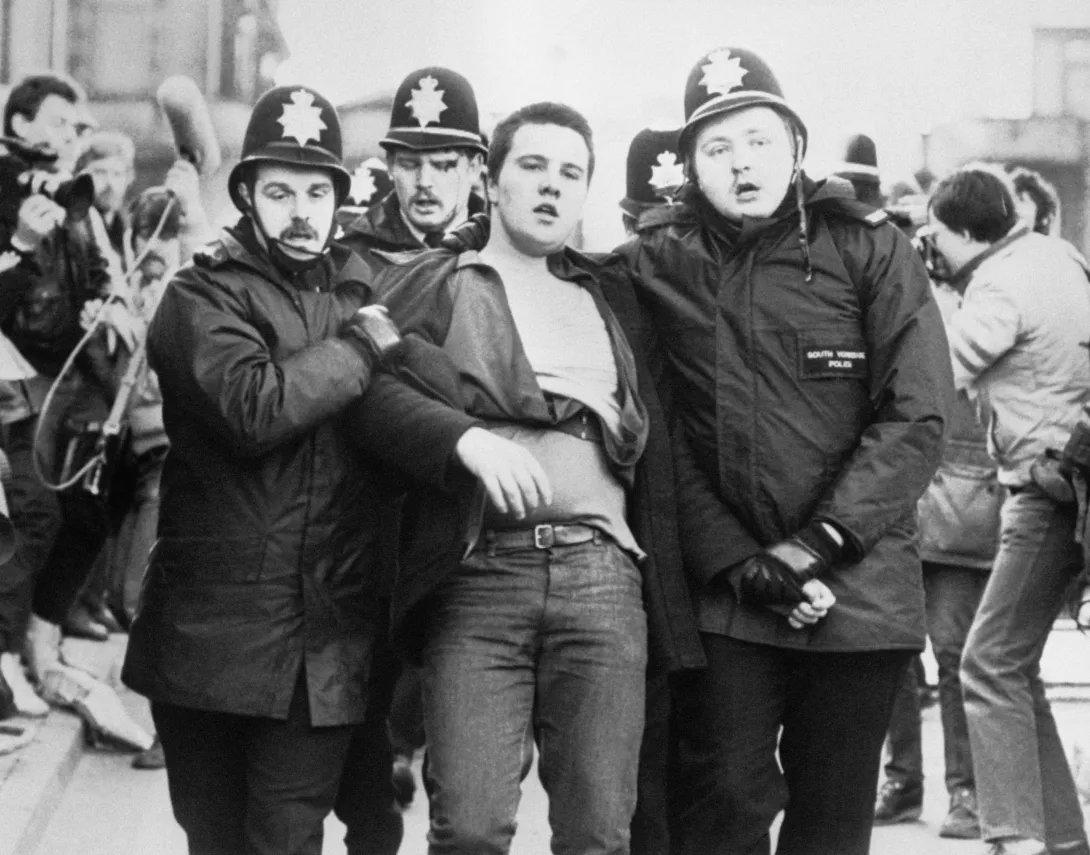
FORTY years ago the government went to war against working people.
Their “crime” was exercising the democratic, civil and industrial rights for which working people had fought and died. It wasn’t about improving wages and conditions; it was a struggle for survival, jobs, and a way of life unique to our mining communities.
The pit was the cornerstone of mining community, providing both employment and wages. Its economic impact extended beyond the mine itself, fostering a thriving local economy with independent businesses lining the high street. Miners’ contributions would also finance essential community assets such as parks, sports facilities and welfare halls.
More from this author

ROS SITWELL reports from a conference held in light of the closure of the Gender Identity and Development Service for children and young people, which explored what went wrong at the service and the evidence base for care

ROS SITWELL reports from the three-day FiLiA conference in Glasgow

ROS SITWELL reports on a communist-initiated event aimed at building unity amid a revived women’s movement
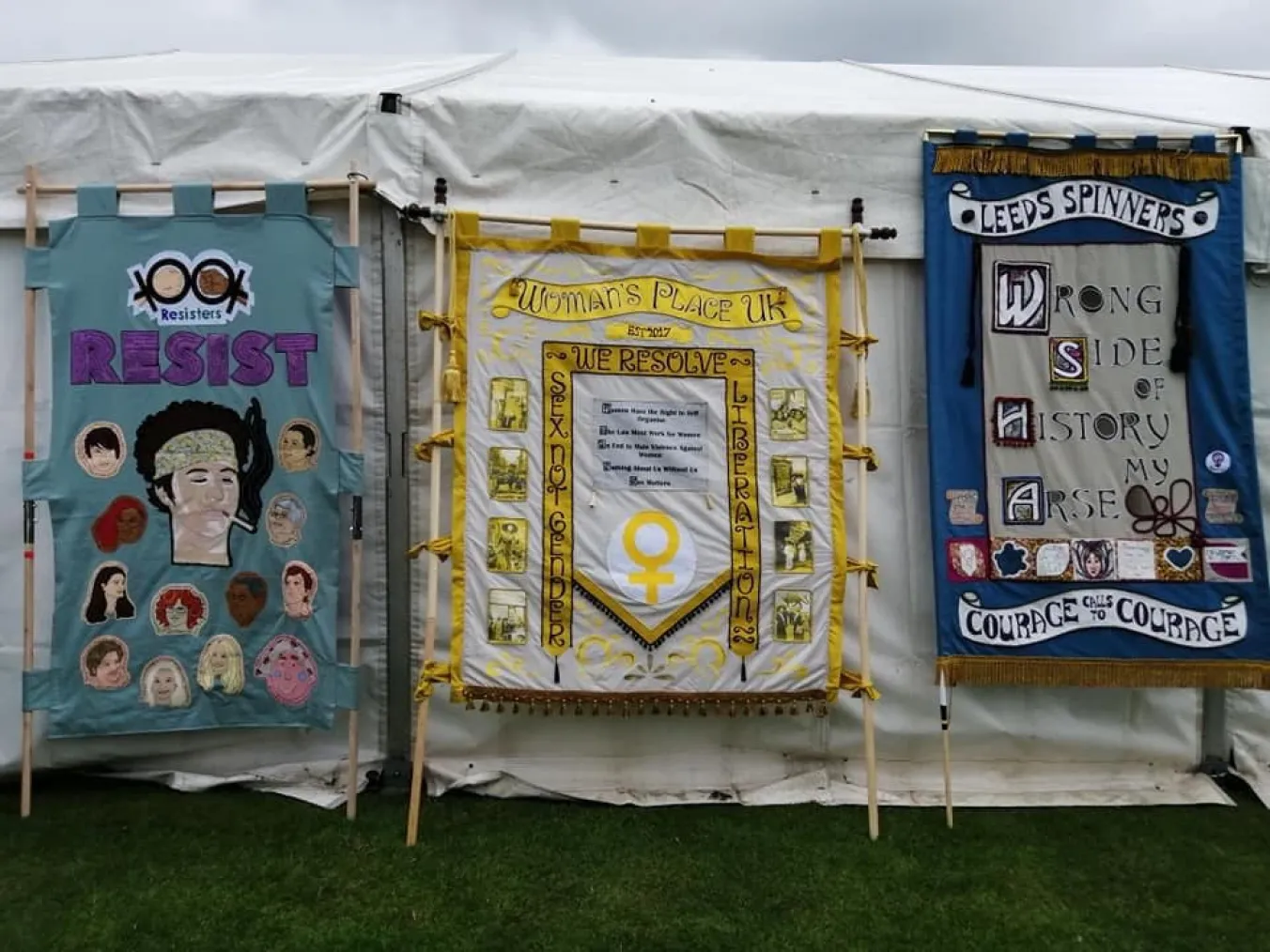
London conference hears women speak out on the consequences of self-ID in sport
Similar stories
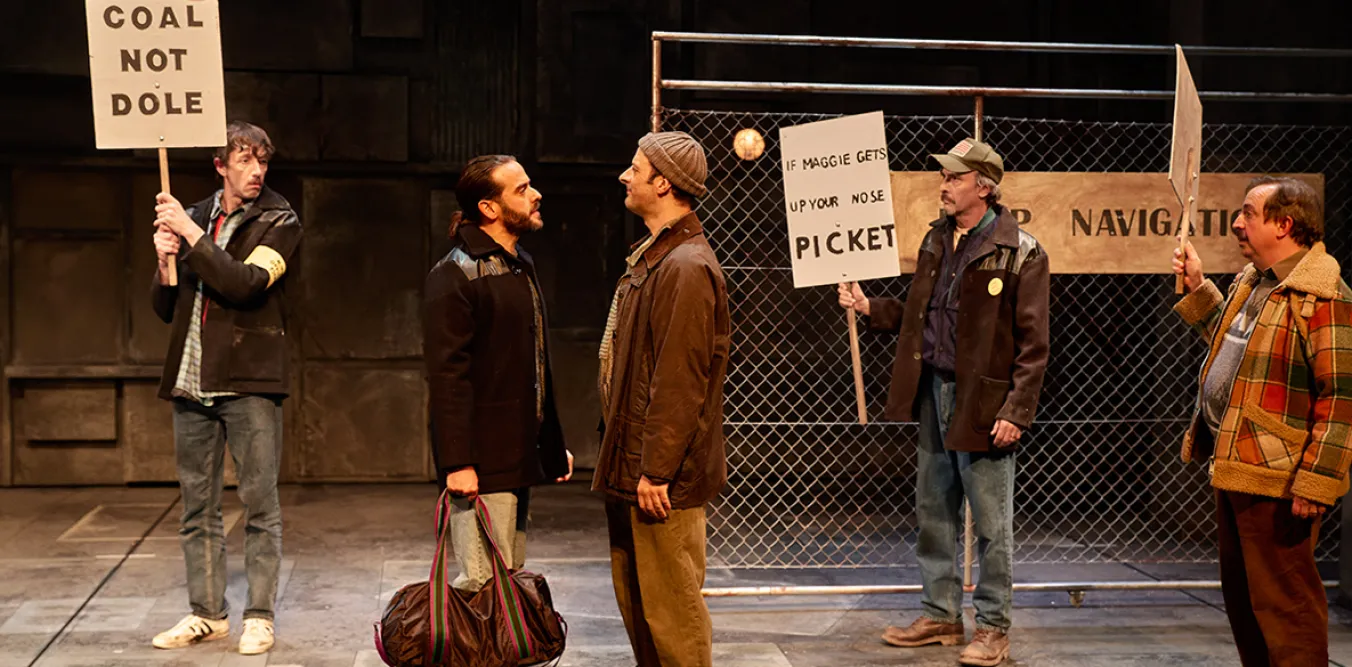
DAVID NICHOLSON is disappointed that an ambitious telling of the strike from a Welsh perspective disregards the collective struggle
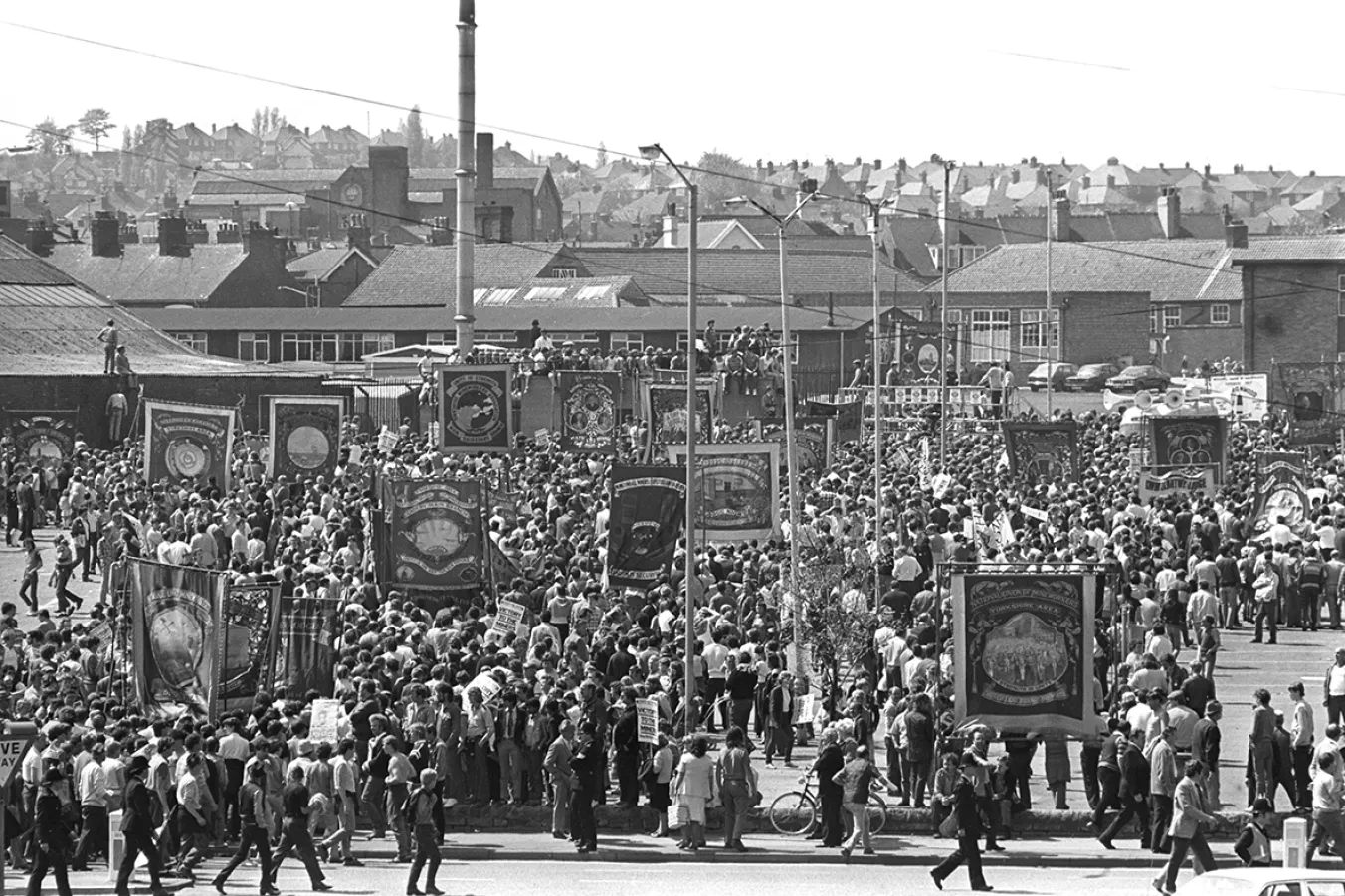
Britain’s coalfields were already seething with anger and lightning walkouts when the national strike against pit closures was triggered at Cortonwood colliery in Yorkshire on March 6 1984. PETER LAZENBY reports
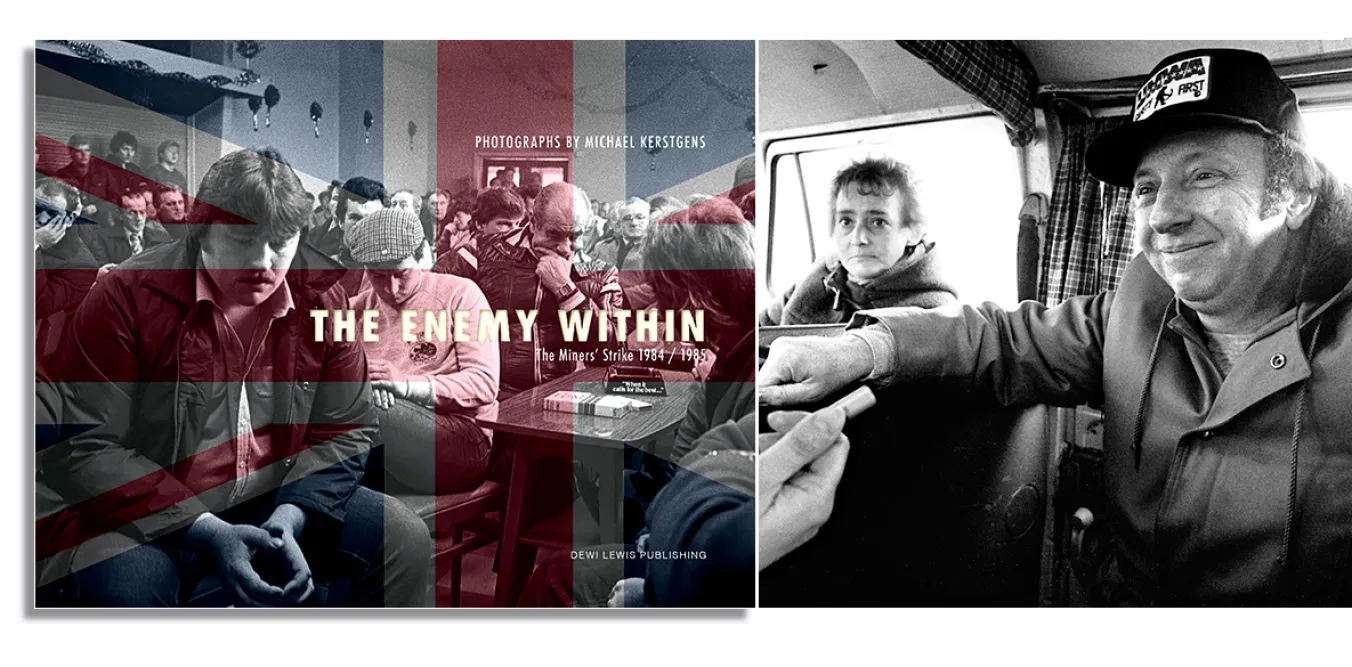
JOHN GREEN highly recommends a spellbinding photo album that reveals, movingly, the personal and communal dimension of the momentous miners’ strike of 1984-85










